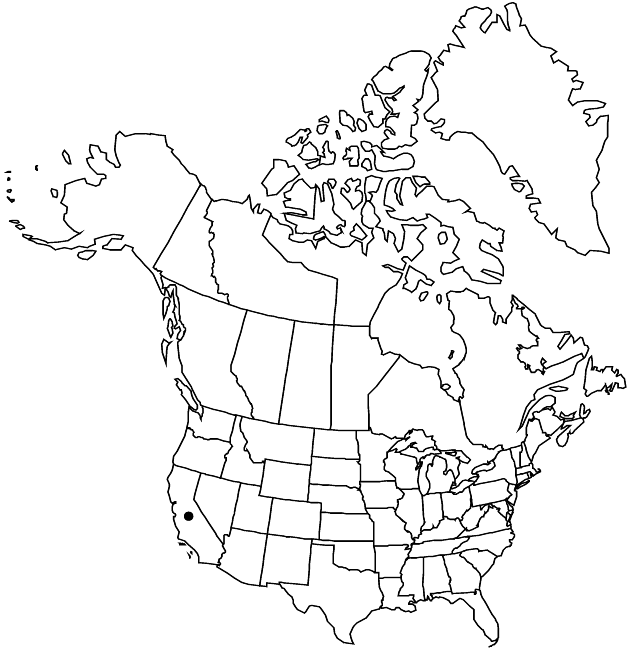Difference between revisions of "Senecio astephanus"
Pittonia 1: 174. 1888.
FNA>Volume Importer |
FNA>Volume Importer |
||
| Line 47: | Line 47: | ||
|publication year=1888 | |publication year=1888 | ||
|special status= | |special status= | ||
| − | |source xml=https://jpend@bitbucket.org/aafc-mbb/fna-data-curation.git/src/ | + | |source xml=https://jpend@bitbucket.org/aafc-mbb/fna-data-curation.git/src/f50eec43f223ca0e34566be0b046453a0960e173/coarse_grained_fna_xml/V19-20-21/V20_1221.xml |
|tribe=Asteraceae tribe Senecioneae | |tribe=Asteraceae tribe Senecioneae | ||
|genus=Senecio | |genus=Senecio | ||
Revision as of 20:24, 16 December 2019
Perennials, 40–100 cm (caudices unknown). Herbage unevenly floccose-lanate or tomentose, glabrescent. Stems single. Leaves progressively reduced distally; petiolate; blades elliptic-ovate to lanceolate, 10–20(–30?) × 3–7+ cm, bases tapered, margins dentate to denticulate (teeth cartilaginous; mid leaves similar, sessile, smaller; distal leaves bractlike). Heads 10–20+ in loose or congested, cymiform arrays. Calyculi of 5–8+ lance-linear to filiform bractlets (lengths 1/3–7/8 phyllaries). Phyllaries ± 21, 7–8 mm, tips greenish. Ray florets 0. Cypselae glabrous. 2n = 40.
Phenology: Flowering spring.
Habitat: Steep, rocky slopes
Elevation: 400–1500 m
Discussion
Of conservation concern.
Senecio astephanus is collected infrequently.
Selected References
None.
Lower Taxa
None.
